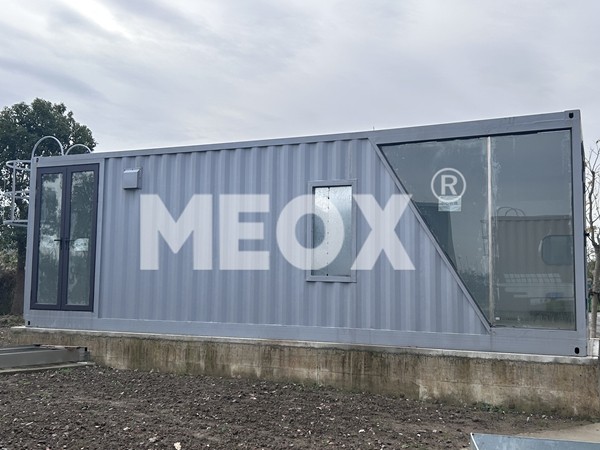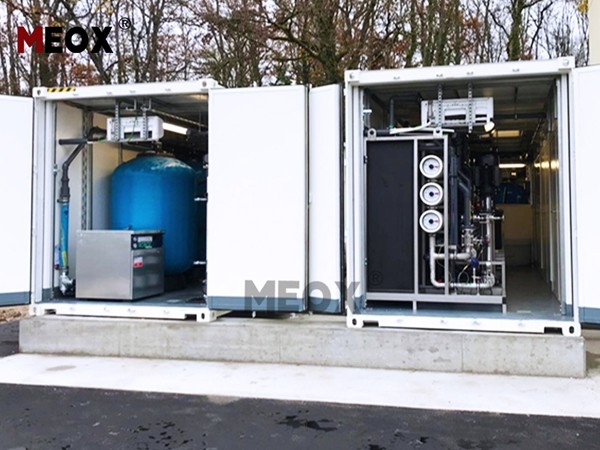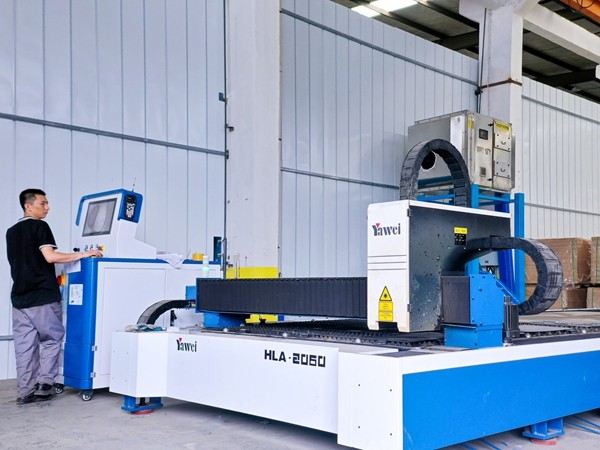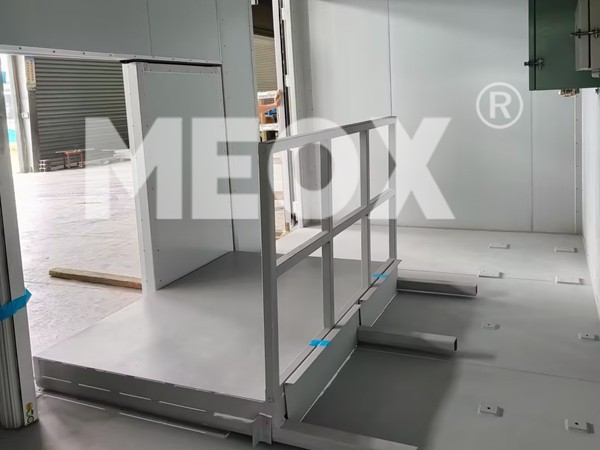Shipping containers present a unique and highly controlled environment for growing mushrooms, making them an exciting arena in the field of urban agriculture. This innovative method leverages the portability and space efficiency of shipping containers, transforming them into micro-farms capable of yielding high-quality mushrooms. For enthusiasts and commercial growers alike, this approach is intriguing and increasingly popular.
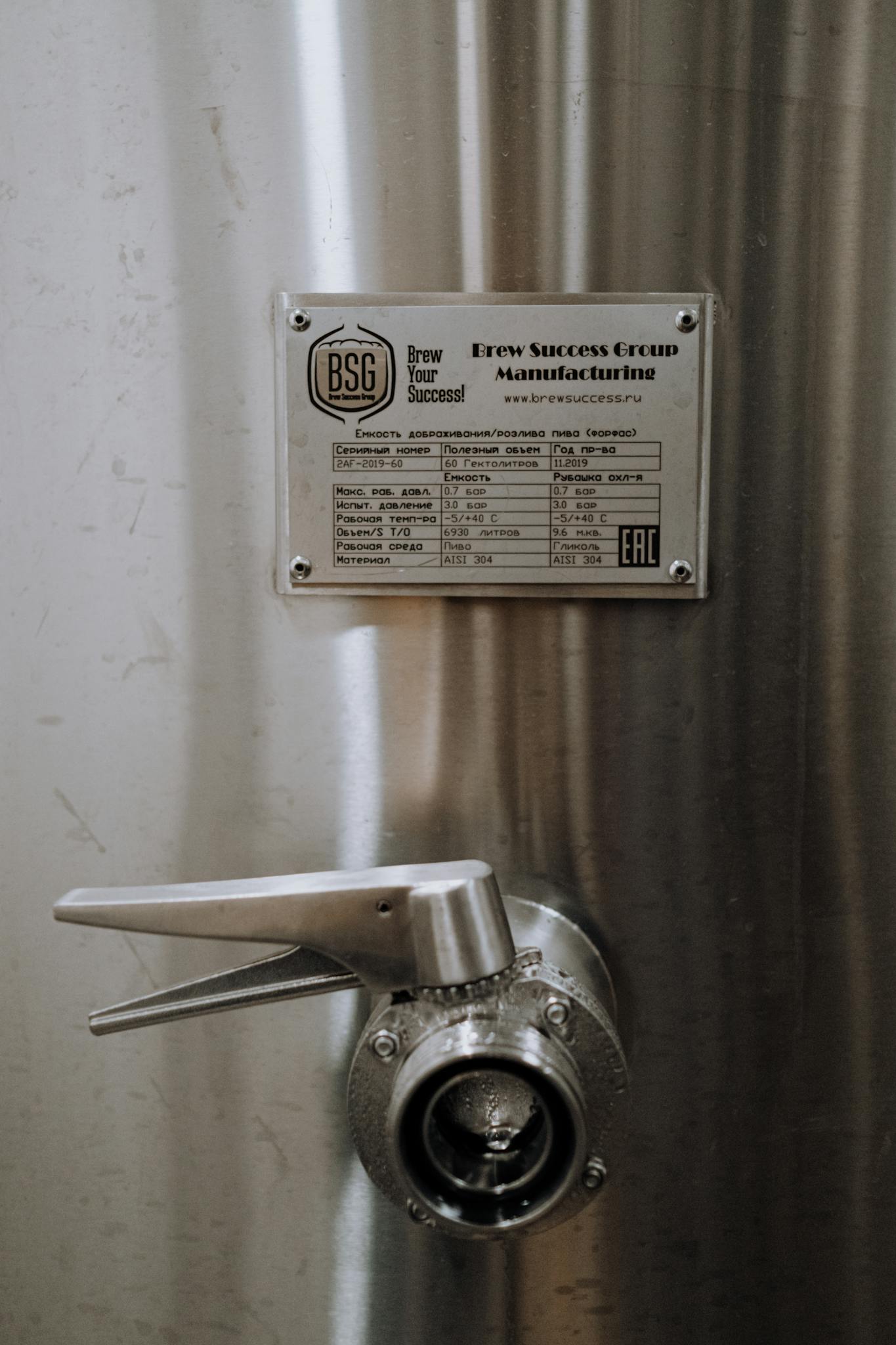
Firstly, one of the most compelling advantages of growing mushrooms in shipping containers is the ability to control environmental conditions precisely. Mushrooms thrive under specific conditions of humidity, temperature, and light, and a shipping container, with its enclosed space, facilitates this level of control more easily than traditional farming. Advanced climate control systems can be installed in these containers, ensuring an optimal environment for different mushroom varieties, including shiitake, oyster, and lion’s mane, to name a few.
Furthermore, the mobility of shipping containers is a game-changer. They can be easily transported to different locations, allowing growers to adapt to the changing market demands or expand their operations without significant uprooting. For urban areas with limited space, these containers offer a sustainable way to grow fresh produce locally, reducing the carbon footprint associated with transporting goods from rural farms to city centers.
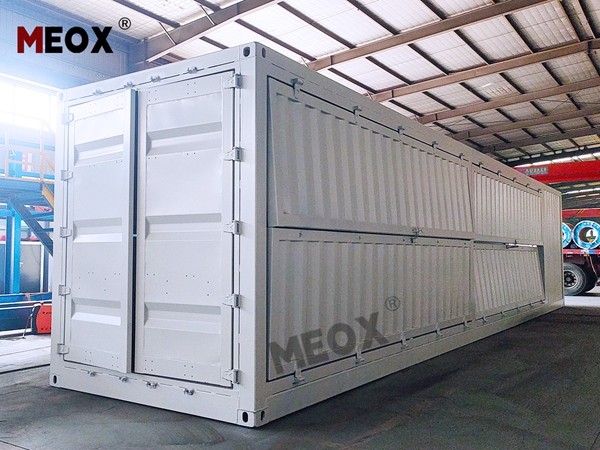
Implementing mushroom cultivation inside a shipping container involves several critical steps to ensure success. Start by insulating the container to protect the internal climate from outside temperature fluctuations. Proper insulation is essential not only for maintaining the correct temperature but also for energy efficiency, which can significantly reduce operational costs over time.
Installing a high-quality HVAC system tailored to the specific needs of mushroom farming is another vital component. This system should include humidifiers, dehumidifiers, and fans to maintain consistent airflow and humidity levels. Additionally, LED grow lights that mimic natural light cycles can promote healthy growth and substantial yields.
Substrate preparation is a crucial step, as mushrooms primarily feed on organic material. Popular substrates include straw, sawdust, and coffee grounds. Pasteurizing these materials helps eliminate potential contaminants, creating a conducive growth environment for the mycelium.growing mushrooms in shipping containers
Once the environmental setup is complete, inoculating the substrate with mushroom spores or spawn follows. This requires meticulous hygiene practices to prevent contamination, which can lead to compromised crops. Maintaining a sterile environment during this phase is crucial for the success of the operation.
Monitoring the growth cycle is another aspect where shipping containers excel. Equipped with sensors and automation technology, growers can track the development of mushrooms in real-time, adjusting conditions as necessary to maximize yield and quality. This continuous monitoring also provides invaluable data, helping growers make informed decisions about future crops and operational improvements.
In terms of sustainability, shipping container mushroom farms have a minimal ecological footprint compared to traditional agricultural methods. They require less water, preserve land use, and often employ recycling methods for substrate materials. For urban dwellers and eco-conscious consumers, this presents an attractive alternative to conventional farming, promising environmentally friendly and locally sourced produce.
Finally, the market potential for container-grown mushrooms is immense. As consumer awareness around sustainable practices and healthy eating grows, so too does the demand for locally sourced, quality produce. Shipping containers, with their flexible and scalable nature, allow growers to meet these demands effectively.
For individuals or enterprises looking to enter the market, investing in shipping container technology for mushroom farming could prove lucrative. Not only does it support sustainable agriculture, but it also offers the opportunity to innovate within a niche yet growing sector. As pioneers continue to demonstrate the viability of this method, it becomes an exciting prospect for modern farming, potentially redefining urban agriculture.

